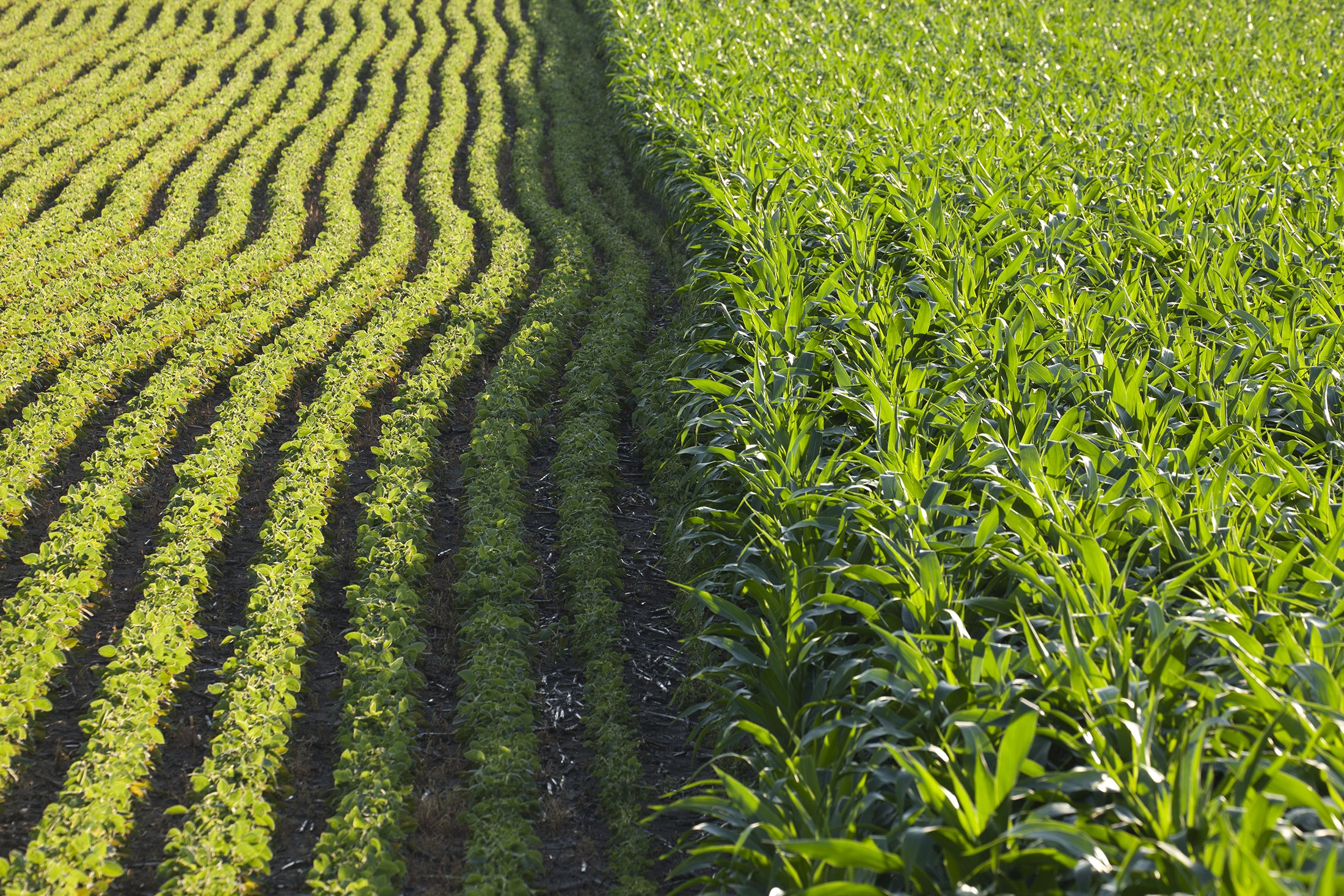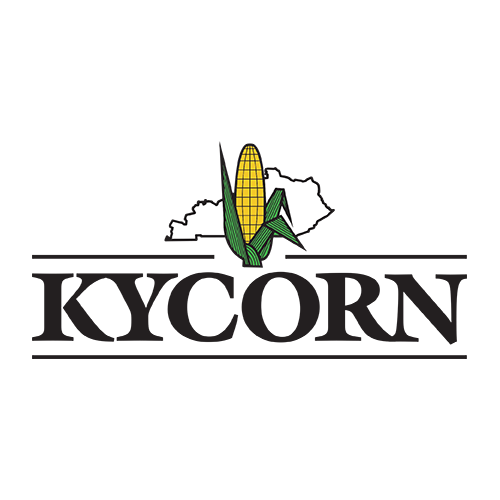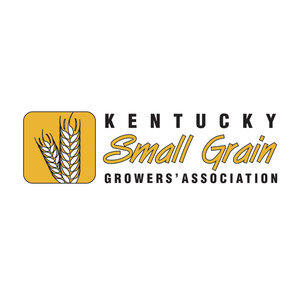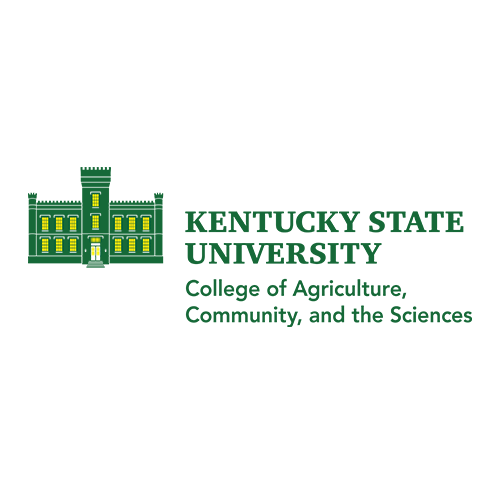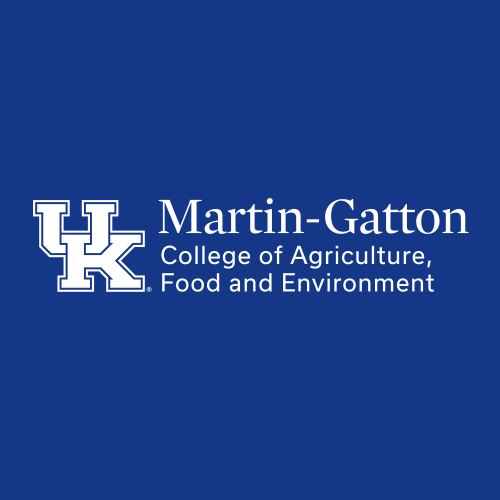Kentucky’s Crop Producers and Promotion Organizations
The BDTPA is a grower association working to represent all tobacco growers in an effort to build a strong, profitable program for growers that is sustainable. Current membership represents growers from Kentucky, Tennessee, Indiana, Ohio, North Carolina and West Virginia. Active tobacco growers can become a part of the Association at no cost.
As the advocacy arm of the corn industry, the Kentucky Corn Growers Association is a grassroots organization that works to ensure a pro-corn business and policy environment. The organization empowers corn farmers to elevate their voice in the governmental process.
KHC’s purpose is to support the state horticulture industry and be a resource for information and education for growers, business owners, and the public to promote a thriving industry.
The Kentucky Nursery and Landscape Association’s mission is to unify and represent Kentucky Green Industry businesses through education, recognition, and services.
In order to help small grain growers improve production practices and grow those markets, a group of visionary small grain producers, university personnel, and industry representatives gathered in 1988 to form the Kentucky Small Grain Growers Association (KySGGA).
The Kentucky Soybean Board promotes effective policies and legislation to ensure a growing and profitable soybean industry.
The Kentucky Soybean Association is working for members through advocacy, policy and education to increase soybean profitability.
The Kentucky Vegetable Growers Association was established in 1970 as a non-profit organization to bring together growers, researchers, and individuals across the state who are interested in vegetable production.
The Organic Association of Kentucky (OAK) is a nonprofit organization founded by farmers, for farmers. OAK works to advance organic regenerative agriculture, to improve the health of the environment and our communities. Growing ecological resilience, economic viability and socially just futures for Kentucky farmers through educational, technical and market resources. We believe that organic agriculture improves environmental resilience and conservation, nurtures human and community health and is a powerful driver of regional prosperity.
Crop Services and Programs
Kentucky State University (KYSU) Cooperative Extension Program strengthens underserved communities, families, farmers, individuals and youth to improve their quality of life with state-of-the-art, research-based educational programs. The program is recognized as a leading educational organization that provides inclusive services to diverse communities. We value accountability, inclusion, integrity, partnership/collaborations, service, relevant, and research-based.
The University of Kentucky, Martin-Gatton College of Agriculture, Food, and Environment, was founded as and remains a land-grant institution committed to improving the quality of life for Kentuckians.
A primary goal of the Grain & Forage Center of Excellence is to help Kentucky farmers feed the world sustainably, protect the environment, expand the Kentucky economy and pass their farms to the next generation.
Established in 1925 the West Kentucky Substation at Princeton has functioned as a center of agricultural activities in western Kentucky. Great advancements have been made in Kentucky's leading industry, Agriculture, with considerable progress being made in improving utilization and conservation of resources, increasing yields of crops and livestock, better management of capital and labor, expanding markets, and finding solutions for problems facing rural people and communities.
The University of Kentucky’s Division of Regulatory Services administers four state laws pertaining to the regulation and quality of animal feed, fertilizer, seed and raw milk; these laws ensure that Kentucky consumers have access to superior agricultural products.
The mission of the Kentucky Tobacco Research and Development Center (KTRDC) is to utilize plant-based technologies to benefit Kentucky agriculture.
Research and Extension efforts aimed at optimizing yields and profitability from grain, fiber, and cannabinoid production models for U.S. producers.
The Center for Crop Diversification is a regional effort at the University of Kentucky to offer resources for specialty crop producers in the southeast and midwest United States. They offer price reports for farmers’ markets and produce auctions, publications on a wide variety of marketing channels and crops, budgets for small- and large-scale operations, and much more.

